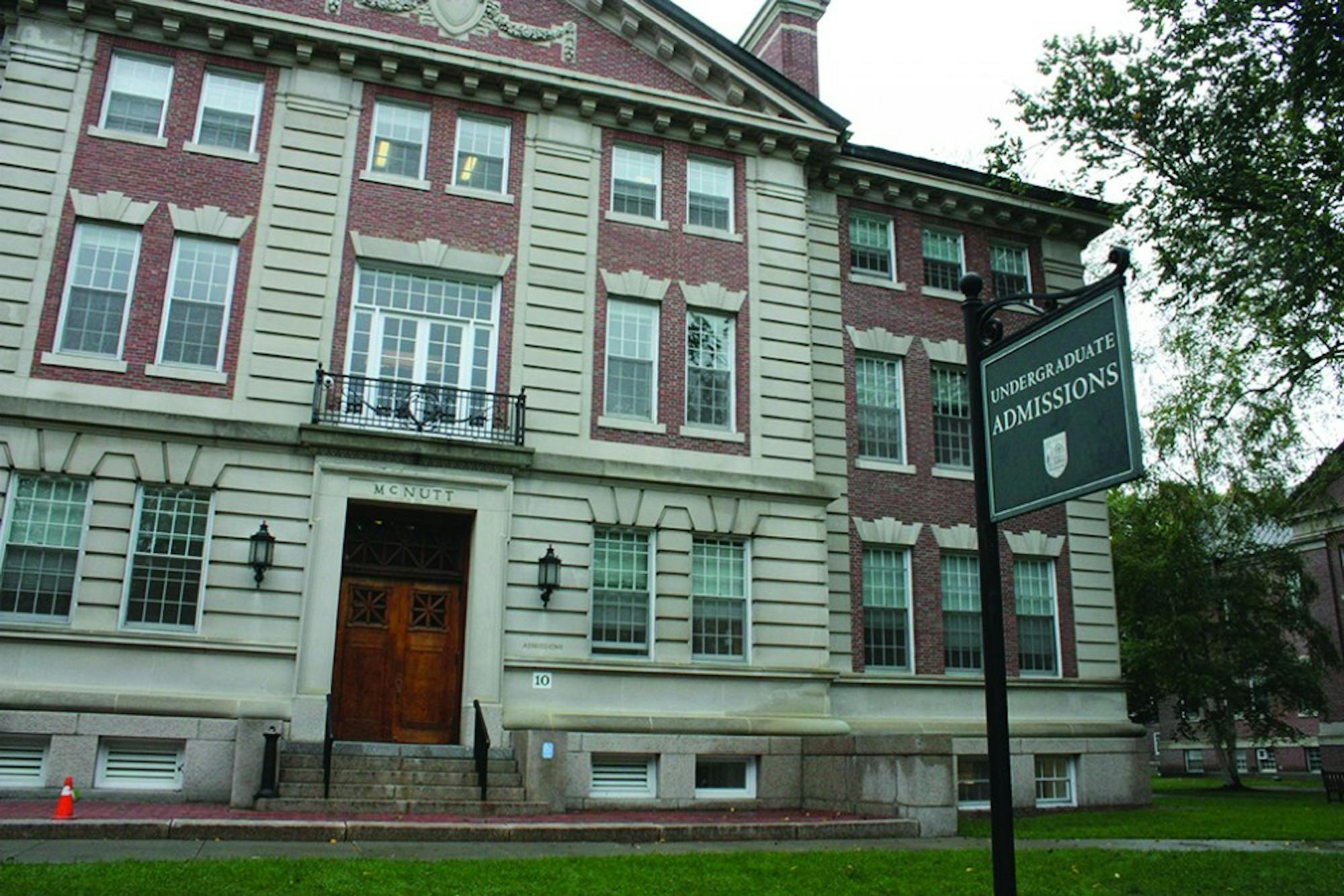The 20,550 regular decision applications received for the class of 2020 barely exceeded the 20,507 applications submitted for the Class of 2019. Last year, regular decision applications increased by six percent from the previous year.
In 2014, the College saw a 14 percent decrease in applications from the year before, when 19,235 students applied for the Class of 2018. This year’s applications reflect a smaller pool than years prior — 22,416 applied in 2013; 23,110 in 2012; 22,385 in 2011.
Interim dean of admissions Paul Sunde wrote in an email that the application pool for the Class of 2020 exhibits more diversity than those in past years. Applications from international students, first-generation students and students of color have either stayed the same or increased in number for both early decision and regular decision this year, Sunde wrote.
Sunde also said that applicants include students from 46 states and 20 countries. He added that he thinks that the academic quality of the students — both in the early and regular decision pools — are on par with, or stronger, than those in other application seasons.
Sunde said that he thinks the increase in early application numbers, as well as the sustained levels of regular decision application numbers, is due to the admissions office’s recruitment efforts. He noted that he thinks Dartmouth’s dedication to implementing progressive policies is evident to applicants.
Sunde said that many alumni whose children are considering the College told him that they wish they had had the residential housing system, which will be implemented in fall of 2016, when they were undergraduates.
Laila Alamuddin, a certified college counselor working at College Bound Consulting, an independent college consulting firm in the Chicago area, said that working with students applying to Dartmouth-caliber schools is difficult because of the students’ high hopes.
“The quality of the application pool at the Ivies, the Stanfords and Dukes is unparalleled,” she said. “It’s common for high-achieving students to be disappointed when acceptances come out.”
Tin Pham, a prospective student from Stockton, California, said that his experience applying to Dartmouth was positive, saying that the College’s supplement was straightforward with clear instructions.
“I actually enjoyed the supplement,” he said.
Pham said that the most nerve-wracking part of the application process is seeing himself at a college to which he might not be accepted.
“In terms of anxiety, I’d say I’m nervous because Dartmouth is such a good school and I could really see myself there,” he said.
Alamuddin also said that many students applying to Dartmouth and its peer institutions during the regular decision cycle were denied or deferred from a high-caliber school in the fall. She said that she thinks this adds a lot of stress to the regular application process.
“A lot of these kids are coming out from some disappointment, but they’re the types of students who feel like they absolutely need to go to a top-ranked university in order to have the best experience,” Alamuddin said.
Alamuddin advises her clients to stay patient and to not take the college application process personally. “It all depends on what the particular school is looking for that year, and the games they might be playing to increase their yield,” she said.
She also advises her students to avoid comparing themselves to fellow applicants, as college admissions are not as simple as accepting the student with the highest GPA.
“I’ve had cases where the noticeably less qualified applicant fares better than the student with higher ACT scores and a higher GPA,” she said. “There’s really no rhyme or reason to it at all.”
During the early application cycle, 504 students were accepted for the Class of 2020. For early applications, this year’s pool of 1,927 applicants reflected a 3.6 percent increase from the year before. Regular decision applicants will be notified by the College on March 31.
At the University of Pennsylvania, 33,163 applied for regular decision; at Yale University, 26,777. Brown University, Columbia University, Cornell University, Harvard University and Princeton University have yet to release their admissions data for this cycle.




